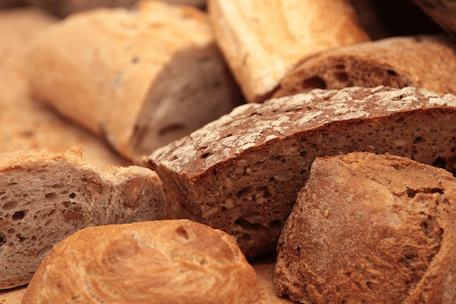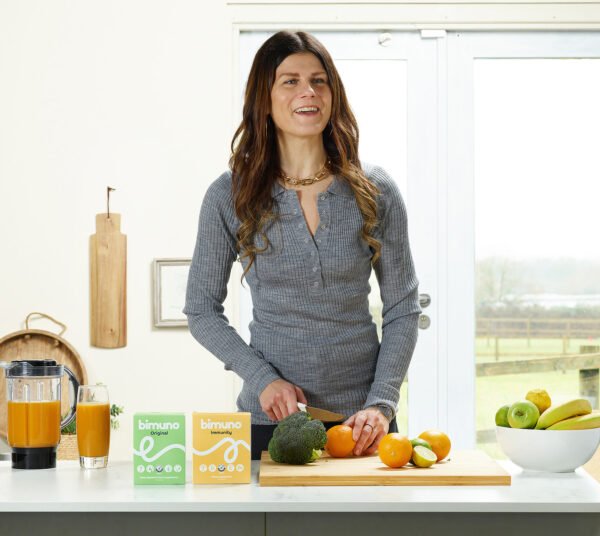
REVEALED: The Benefits of a Low-Carb Diet

Low-carbs diets have been a big topic of interest recently, most notably following the recent BBC programme (aired BBC 1, 6th June) ‘The Truth About Carbs’, which saw a control group lose a considerable amount of weight, reduce waist measurements and improve blood sugar levels (with one participant going into part-remission for type-2 diabetes) after a 2 week diet of low-carbs.
Obesity and type 2 diabetes are on the increase in the UK, and one of the primary causes is eating too many of the ‘wrong’ types of carbs. These are the carbs that are quickly broken down and cause a surge of glucose in our blood, such as breads, baked goods and white rice. Because our body rarely burns up all that glucose straight away, it’s then stored as fat.
How does a low-carb diet help?
Low-carb diets can help simply by reducing that release of glucose into our blood, which helps to keep our blood sugar under control and reduces that process of fat storage. And because of the substitutions we make – such as eating vegetables instead of rice and pasta – low-carb diets also tend to be higher in fibre too, so they help us feel full for longer and consume fewer calories without even realising it!
Easy Swaps
Here are a few easy swaps you can make to lower the carbs and increase the fibre in your diet.
Veggies are your friend
Swap pasta for vegetables. Butternut squash noodles or courgette noodles make a great lower-carb alternative to spaghetti, and they’re easy to make at home or buy ready prepared. And look for lasagne recipes that use sliced aubergine or butternut squash instead of pasta sheets. Or you could make your own super-easy cauliflower ‘rice’ by blitzing cauliflower florets in a food processor until they’re the size of rice grains and then steaming for a few minutes.
Healthier pizza bases
Cauliflower rice can also be turned into a low-carb, high-fibre pizza base. But as an easy alternative that really tastes like bread, try Lo-Dough. Lo-Dough is a low-carb bread and pastry alternative that’s made with high-fibre natural ingredients including psyllium husk and konjac flour. One slice – enough to make a pizza – contains only 2.2 grams of carbs, compared to up to 80 grams in a typical pizza base! It also has an impressive 9.3g of fibre – almost a third of your daily recommended intake.
Get your oats in!
If you’re a carb-lover, the good news is you don’t need to wave goodbye to all carb-rich foods. Whole grain oats are relatively high in carbs but are also high in fibre. This means they break down slowly and give a steady release of glucose into the blood – more like a vegetable or fruit. They’re high in resistantstarch, too – a type of fibre that’s particularly associated with preventing weight gain and with benefits for gut health. So, substituting some of your typical carbs – such as breads and breakfast cereals – with oats and oatcakes can make a difference! Try the Fine Milled or Rough Oatcakes by Nairn’s.















































